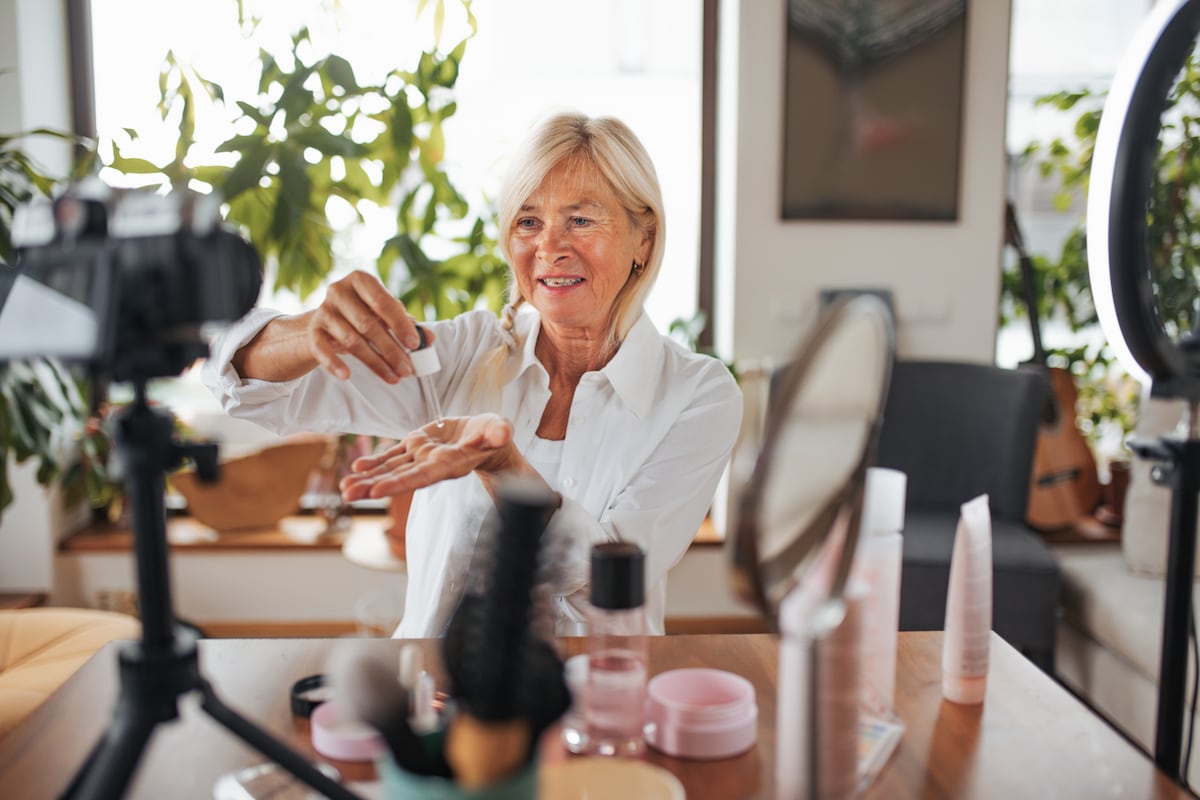In recent years, Alba Fernández Palacios, a 30-year-old girl from Madrid, has been taking care of her skin due to developing acne. Following the advice of dermatologists on social networks, she includes retinol in her facial routine to lighten pimple spots. Retinol is a derivative of vitamin A that promotes skin renewal, evens tone, reduces wrinkles, and boosts collagen production for firmer skin.
However, the European Commission recently approved regulations limiting the concentration of retinol in cosmetic products to ensure consumer safety. The new regulations restrict retinol to a maximum of 0.3% in facial products and 0.05% in body products, effective from November 1, 2025. These regulations aim to prevent excessive exposure to vitamin A and potential skin issues from high retinol concentrations.
Dermatologists advise caution in the use of retinol to avoid skin irritation. It is recommended to start with low concentrations and gradually increase usage as the skin adjusts. Proper sun protection is also essential when using retinol. Excessive vitamin A intake can lead to severe health issues, so the regulations aim to keep the population’s vitamin A exposure within safe limits.
Some population groups are at higher risk of vitamin A excess, which can have serious health consequences. Dermatologists emphasize the importance of using retinol responsibly and following guidelines to prevent adverse effects. While higher concentrations may be required for certain skin conditions, the new regulations aim to ensure the safety of cosmetic products containing retinol.
Experts suggest that medical clinics may still prescribe higher concentrations for specific treatments, but further clarification is needed from regulatory authorities. By regulating retinol concentrations, the European Commission aims to make cosmetic products safer for consumers and prevent potential health risks associated with excessive vitamin A exposure.
In conclusion, while retinol has numerous benefits for skincare and anti-aging properties, it should be used responsibly with caution according to guidelines set by regulatory authorities. Higher concentrations may be required for specific treatments but within safe limits that protect consumers from potential health risks associated with excessive exposure to vitamin A.
